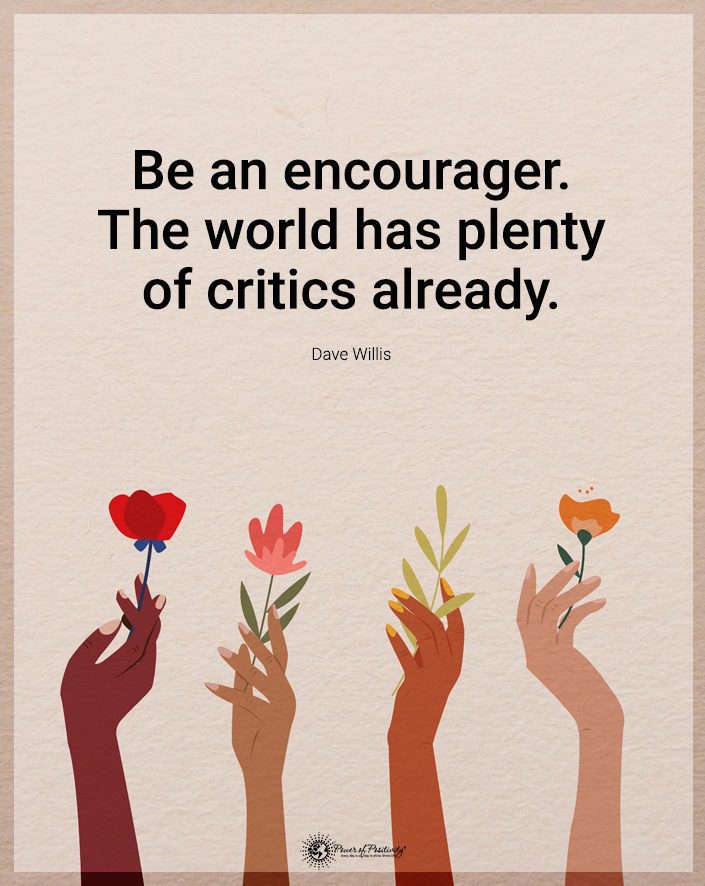It may sound cliché, but life can be an arduous journey. From of our birth to the time of our death, any number of things can happen. “That’s life,” as they say. We will all encounter challenges – both internally and externally, often beyond our control – that will either define or defeat us. A midlife crisis is no different. This time of challenge and uncertainty can be transformative, terrifying… or even a bit of both.
Oftentimes, this period encompasses a range of emotions, thoughts, and/or physical changes that indicate some transformation is occurring.
The point of this article is this: to elaborate on some signs of a mid-life crisis in order to make it more easily identifiable. But also provide some hope…explaining why this period of life can be an overwhelmingly positive experience. We are confident it will do just that.
“Midlife crisis begins sometimes in your 40s, when you look at your life and think, ‘Is this all?” And ends about 10 years later, when you look at your life again and think, ‘Actually, this is pretty good.” – Donald Richie
10 Signs That May Indicate Someone Is Having a Midlife Crisis
1. Starting to panic about health problems
It’s perfectly natural, as we get older, to pay more attention to our health – including any “signs” of potential trouble. We’re intelligent and logical beings, so we understand that the impermanence of life is mitigated – at least a little bit – by being healthy.
So, not really a big surprise that a mid-age crisis often evokes constant thoughts of health and wellness.
2. Comparing ourselves to friends and other peers
The perception of success drives many people. As a barometer, these same people will compare themselves – money, clothes, cars, homes, etc. – with that of their friends, peers, and even relatives! Middle age is when most people will “peak” in terms of career, achievements, and other measures of success. When we realize this, we’re more likely to conjure up “compare and contrast” thoughts with other people.
3. Obsession with losing weight/getting into shape
Desiring strongly to lose weight or get into shape is always a good thing, no matter at what age. For those experiencing a midlife crisis, this can often come in the form of an epiphany; when an unfortunate sense of regret often clasps on. We start thinking “What could I have done?” or “How can I be better?”
These questions are common…especially for those undergoing a midlife transition.
4. A heightened sense of self-worth
As mentioned, a midlife crisis often entails comparing oneself with others. We also do this with our own selves, questioning whether or not we “measured up” to our expectations. Is our true potential being realized? What have we failed at? What have we succeed at? Is it too late to change?
5. Wanting to quit a job – even if it’s a good one
Ask almost anyone that has to work for a living…jobs pretty much suck. A lucky few have found ways to make an income and enjoy the source of that income. This, however, is the exception and not the rule. When we’re in our 40’s or 50’s and hate our work, we begin questioning why we’re putting up with it. Can’t we enjoy our later years?
6. Bouts with depression (or similar symptoms)
According to mental health experts, depression rarely develops in middle-aged years. Sadly, some people experiencing a mid-life crisis experience a loss of identity. This loss – and it is perceived as a “loss” in a severe way – can change the brain’s chemistry. This cumulative series of unfortunate events can result in depression or similar symptoms.
7. Thinking more about death/”purpose of life”
Innately, we know that death is unavoidable…even if some of us choose to ignore the fact. The simple ( but still uncomfortable?) truth is that we are closer to death as we age. The term “mid-life” implies we’ve reached what is likely to be the midway point of our lives. Not so unsurprisingly, those experiencing a mid-life crisis are more likely to contemplate death and/or the “purpose of life.”
8. Buying lavish items on impulse
This does happen, and it happens more that you may think. Research shows that at least one-third of 40 to 59-year-old males purchase some lavish item, most commonly – an expensive car. Many women also engage in this behavior, opting for plastic surgery, Botox, or some other cosmetic alteration.
9. Unexpected behavioral changes
One of the more obvious indications of a mid-life crisis is erratic behavior. A person club-hopping at 45 can probably expect to raise some eyebrows. Someone that’s 50 stumbling into the office reeking of alcohol can probably expect the same. The truth is that this type of behavior stems from a belief that one doesn’t have much else to lose.
10. Someone says “You’re having a midlife crisis!”
Ok, so this rarely happens. But sometimes, an outsider’s perspective is exactly what someone experiencing a mid-life crisis needs…and it can be very important. People struggling with the crisis are often hurt, lost and searching for answers. They desperately want to know what’s happening. Sometimes, all it takes is someone to make an honest and accurate assessment.
Final Thoughts: Midlife Crisis or Just Living in the Moment?
The good news is that even someone experiencing a mid-life crisis can find solace, refuge, and even enlightenment.
A mid-life crisis attempts to reignite one’s life at a transitional period. Nothing more and nothing less. And it can be done, regardless of circumstance. We don’t have to experience or carry out the negative thoughts, emotions and actions that seem to derail so many.
It can be done in a way that is positive and illuminates the soul.
After all, the soul is not defined by “success” – it cannot be encapsulated in such a way. The soul is not defined by appearance or possessions. Even depression cannot defeat it. Our soul transcends all of these things. Indeed, the soul transcends our very existence.
So remember to cultivate and appreciate the moments in life. In doing so, we evolve for the better.
In the end, isn’t this everything?











